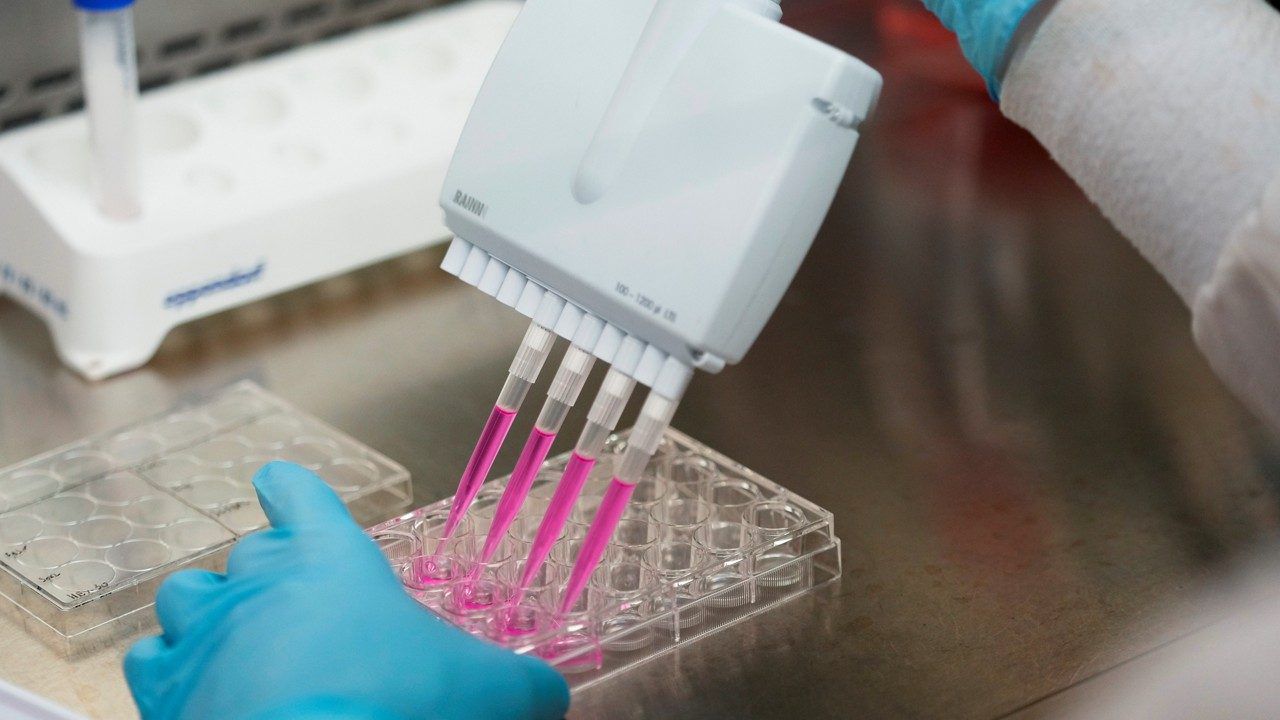CINCINNATI — The University of Cincinnati Cancer Center is the first site in the Midwest to enroll patients in a new Phase 2 clinical trial, testing a vaccine to treat pancreatic cancer, the university announced Tuesday.
According to the National Cancer Institute, more than 66,000 Americans will be diagnosed with pancreatic cancer in 2024. It is the third leading cause of cancer death in women and fourth leading cause of cancer death in men.
Dr. Davendra Sohal, site principal investigator, said in the press release that the trial builds on the same mRNA technology that was used to develop vaccines for COVID-19.
"They took the COVID virus and sequenced it and then made a vaccine against its RNA sequence, and here they do the same thing," Sohal, associate director for clinical research at the Cancer Center and professor of internal medicine in UC’s College of Medicine, said in the release. "After surgery to remove the tumor, a piece of it is taken and sent to the lab. They sequence the tumor, make a highly personalized vaccine to target each person’s cancer specifically, and send it back to us."
According to the release, "the vaccine is developed in about four to six weeks while patients are recovering from surgery, and patients are then given six weekly injections of the vaccine." Following six months of standard chemotherapy, patients then receive six more vaccine injections as boosters.
"There’s hardly any downside. These patients all get surgery and all get chemotherapy anyway," Sohal said. "There’s no placebo, and there’s no shortchanging them on standard treatment."
Sohal said in the release that any patient diagnosed with pancreatic cancer who can be treated with surgery and has not started any other treatments is eligible to enroll. The trial is aiming to enroll 260 patients across its sites globally. Sohal said he hopes to enroll as many patients as possible in Cincinnati.
Side effects of the vaccine reported in the Phase 1 trial were minimal and similar to those for COVID-19 vaccinations, including mild aches, chills and a mild fever. In the Phase 1 trial, Sohal said in the release that eight out of 32 patients were completely cured of their cancer.
"That looks like a small number, but a 25% cure in pancreas cancer is much better than the current barely 5% cure," he said in the release. "So this can be game changing."
Sohal said mRNA vaccines are opening an exciting new frontier for cancer treatment, as researchers are testing this method in a variety of cancers in addition to pancreatic cancer.
"There are many opportunities, and this could certainly be the future of treating cancer," he said.



